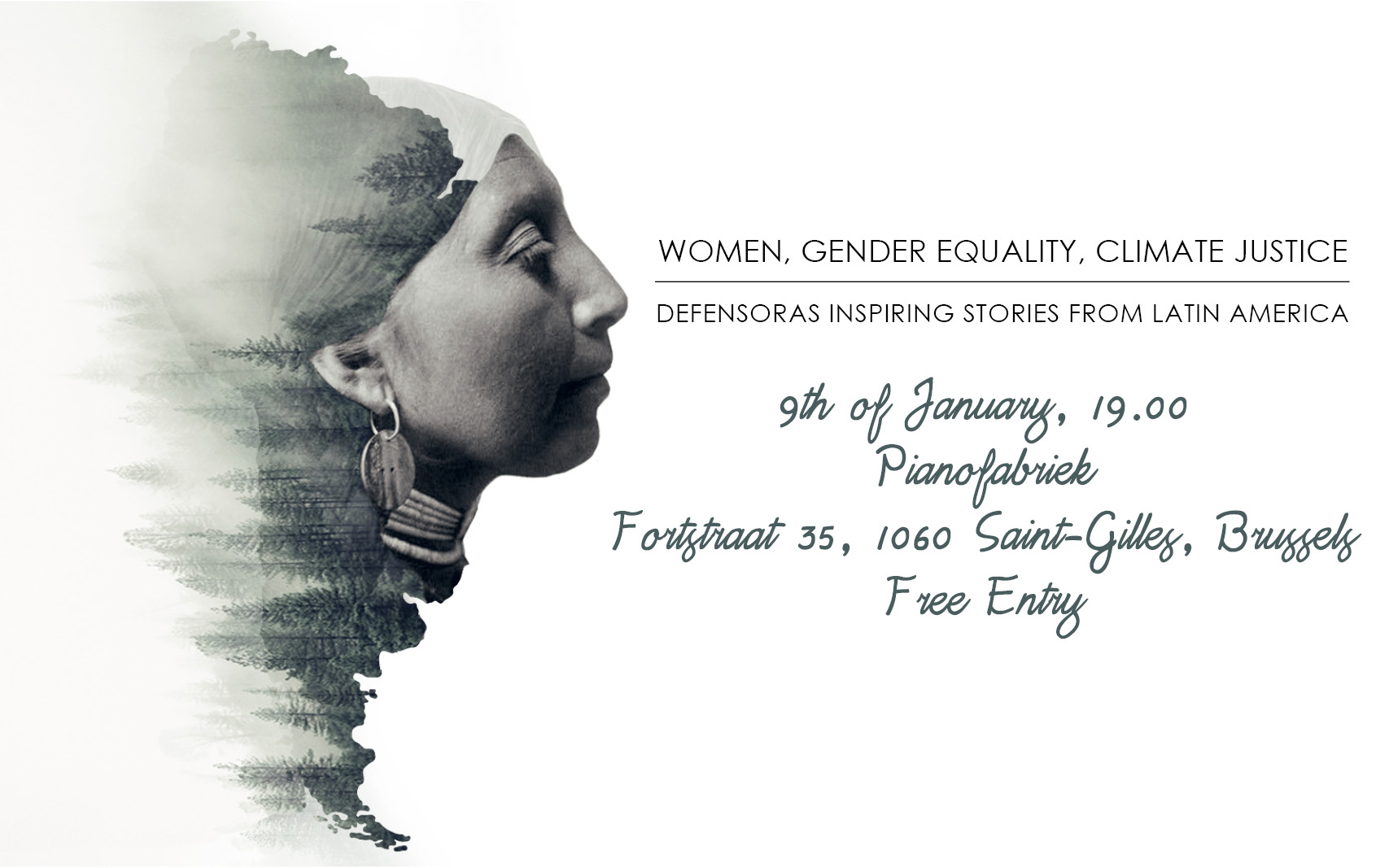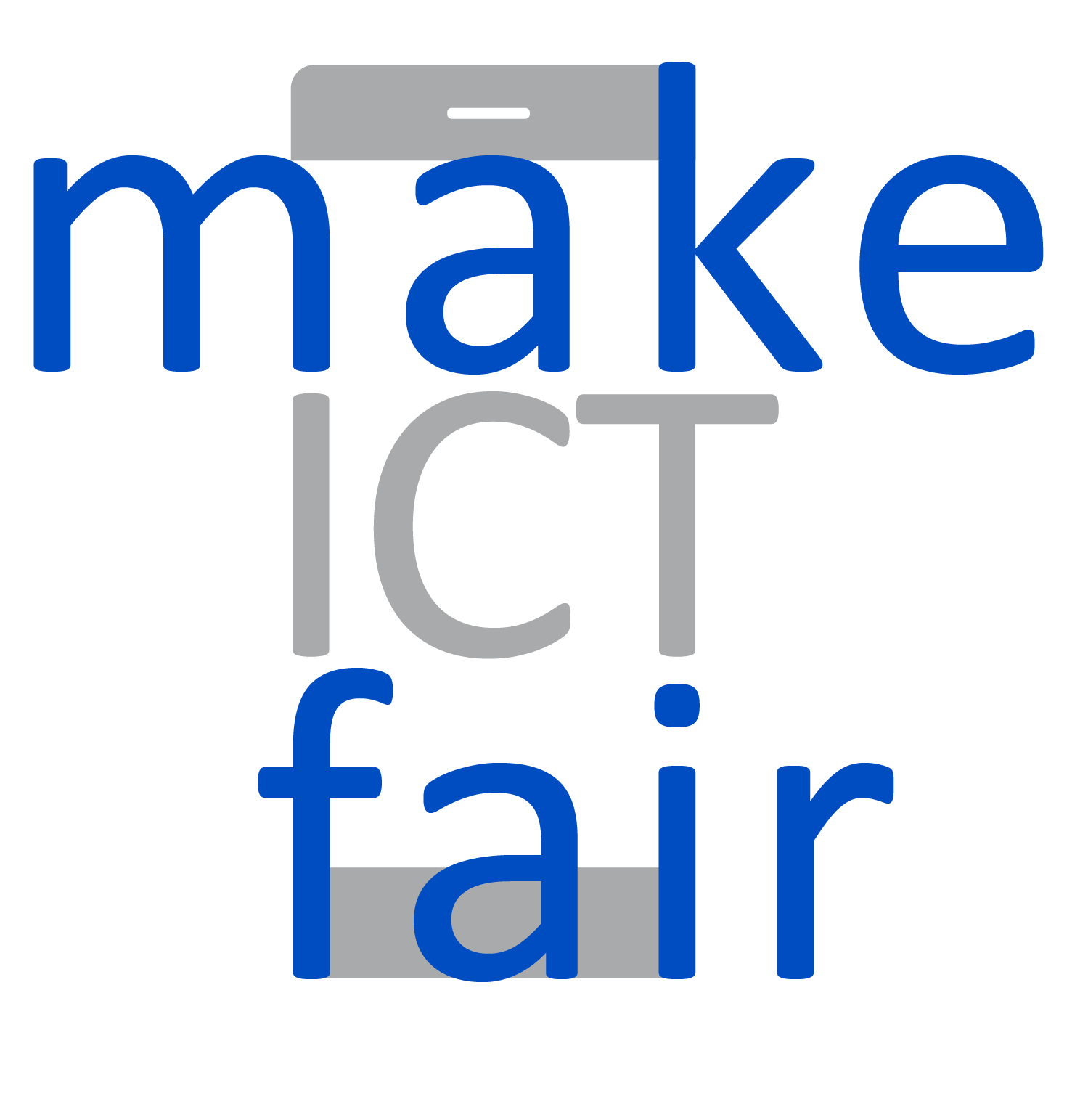
Environmental and human rights defenders are tirelessly committed to equality and justice. Unfortunately, they often face discrimination, violence, criminalisation, violations of their civil rights and the impunity of armed public groups (police, army) or hired groups (paramilitaries, death squads). All activists are presented with major challenges. However, female activists are additionally confronted with gender-specific violence and other risks.
With a project called “Strategies of women human rights defenders confronting extractive industries“, CATAPA lead a campaign regarding the situation of female environmental activists who fight against the extractive industries in Latin America. With this campaign we wanted to give a voice to the female activists, to draw attention to their precarious situation and to encourage political institutions and other organisations to create mechanisms that offer better protection to these defensoras. The project was carried out in collaboration with several partner organisations including Ingeniería Sin Fronteras (ISF) and REDD (Red Latinoamericana de Mujeres Defensoras).
There are many dangerous sectors in which it is risky for environmental activists to offer resistance. According to the organisation AWID, the most unsafe context for activists is the mining industry, followed by hydropower projects and dams, agro-industry and logging. Alda Facio, head of the United Nations Working Group on Discrimination Against Women, confirmed in May that even the most vulnerable group of women human rights activists aims to prevent extractive industries from operating (besides fighting for reproductive and sexual rights). Offering resistance to extractive industries also implies challenging (inter)national companies and global elites, which collaborate with governments and sometimes even with religious and ‘traditional’ institutions. Research by Front Line Defenders (FLD) shows that 281 human rights defenders worldwide were murdered in 2016: 49% of the total number were activists defending the environment, territory and indigenous rights. More than half of the murders, 143 according to the findings of FLD, happened in Latin America.
All activists are presented with major challenges. However, female activists are additionally confronted with gender-specific violence and other risks. While environmental advocates are often labelled “non-patriotic” or “against progress”, female advocates are additionally stigmatised because of their gender and sexuality. “Despite the increasing dangerous context, more and more women play an important role in social movements. However, they run a higher risk of sexual violence, especially when they live in a militarised environment. Moreover, their children are also more likely to be threatened or attacked as a form of intimidation,” said Marusia Lopez of JASS at the same UN event in May. In addition, the rights that these women defend are not always recognised by society and in some countries they are even considered crimes.
Alejandra Burgos of the Mesoamerican Woman Human Rights Defenders Initiative adds: “The lack of access to justice as well as the high level of impunity has an impact on the lives of activists in Central America. Research shows that , between 2012 and 2016, 60% of attacks against activists consisted of harassment, threats, warnings and ultimatums, defamation and stigmatisation campaigns, use of force, illegal and arbitrary arrests, criminalisation and prosecutions. In addition, we live in one of the regions with the most feminicides (female killings) in the world.”
Female activists in Latin America often suffer from a three-dimensional form of discrimination. First of all, they are often treated with contempt because they are indigenous. They often have their own cultural habits, speak another language and believe in the worship of nature. Unfortunately, these characteristics cause them to be considered inferior in many countries. In addition, the specific (violent) context of the socio-ecological conflict in which they live also has a major impact on different aspects of their lives and, therefore, they do not always have the opportunity to move. Lastly, they also experience difficulties because they are one by one women who want to break with traditional role patterns. Because of the discrimination, they find themselves in a precarious situation as they ‘do not respect their obligations’ and become ‘rebellious’. Environmentalists who protest against the economic extractive policy of Latin American governments often become victims of the arbitrary use of the penal system, with the result that they are confronted with false accusations and unfair trials. These strategies of criminalisation are difficult to resist due to lack of money, time and contacts.
An international consensus on the definition of what constitutes an environmental or human rights defender already exists. However, the double vulnerability of female activists is often forgotten. There are hardly any statistics on the total number of activists who are confronted with threats and gender-based violence or who are criminalised. Research agencies and international organisations should approach this issue from a gender perspective, so that specific resolutions and protocols can be drawn up and female environmental and human rights defenders in turn receive specific protection.
As part of our project, international research teams were sent to partner countries in Latin America: Bolivia, Peru, Ecuador and El Salvador. These teams, with the help of local experts, investigated the issue of female activists who fight against extractive industries, using quantitative and qualitative research methods. The results were written down in a report that was then sent to the Inter-American Commission on Human Rights (IACHR). The IACHR is an autonomous legal body for the protection of human rights in the 35 member states of the Organisation of American States. On October 24th, the IACHR held a public hearing on “The criminalisation of female environmentalists in Latin America“. The session of the IACHR took place in Montevideo, Uruguay, and set an important step forward in raising awareness of the precarious situation of activists in the context of extractive industries in Latin America.
Subsequently, CATAPA worked very hard in Belgium to bring this issue to the attention of the wider public and political institutions. The aim was to encourage political institutions such as the European Union to implement a gender perspective in their legislation and policies, which would lead to a better protection of female human rights defenders.
In January 2018, CATAPA organised two events during which several speakers explained the situation of female human rights defenders in Latin America and the possibilities of protection. Mirtha Vasquez was invited as guest speaker. The Peruvian lawyer and human rights activist represents Maxima Acuña in her fight against the gold mining project Conga.
On January 10th, an event was organised in the European Parliament as part of a new EU Resolution on women, gender equality and climate justice. Mirtha Vasquez and Dr. Clara Burbano Herrera (University of Ghent), one of the project’s researchers, made recommendations for the EU on the protection of human rights defenders. This was followed by presentations by Florent Marcelessi and Jordi Solé (both Greens/EFA), members of the European Parlement, on respectively the existing protection of human rights defenders by the EU and how this was reflected in the EU budget.
The day before, an event was organised in the Pianofabriek in Brussels on the same subject, where Mirtha Vasquez was invited to present to a full house. In addition to Mirtha Vasquez, Amelia Alva Arevalo (Ugent), one of the project’s researchers, and Nicky Broekhoven (Ugent), who conducts research on gender and climate, gave a presentation as well.
During Open Min(e)d, formerly Academic Week, no less than three female human rights defenders were invited to give lectures at universities and colleges, and during events: Gloria Chicaiza from Ecuador, Margarita Aquino from Bolivia, Mariana Gomez from Colombia.
Sources:
Front Line Defenders. (2017). Annual Report on Human Rights Defenders at Risk in 2016. Front Line Defenders.Consulted on: https://www.frontlinedefenders.org/en/resource-publication/annual-report-human-rights-defenders-risk-2016
IACHR. (2015). Criminalization of Human Rights Defenders. Consulted on: http://www.oas.org/en/iachr/reports/pdfs/criminalization2016.pdf
Inmaculada, Barcia. (2017). Weaving resistance through action: strategies of women human rights defenders confronting extractive industries. Consulted on: https://www.awid.org/sites/default/files/atoms/files/eng_weaving_resistance_through_action-web.pdf





 ©black-friday.global
©black-friday.global ©World Economic forum
©World Economic forum Improving our way of life and consumption habits is necessary if we want to maintain life on Earth: consuming less and producing less waste is crucial in this fight.
Improving our way of life and consumption habits is necessary if we want to maintain life on Earth: consuming less and producing less waste is crucial in this fight.
 ed with the financial assistance of the European Union. The contents of this publication is the sole responsibility of the Make ICT Fair project and can under no circumstances be regarded as reflecting the position of the European Union.
ed with the financial assistance of the European Union. The contents of this publication is the sole responsibility of the Make ICT Fair project and can under no circumstances be regarded as reflecting the position of the European Union.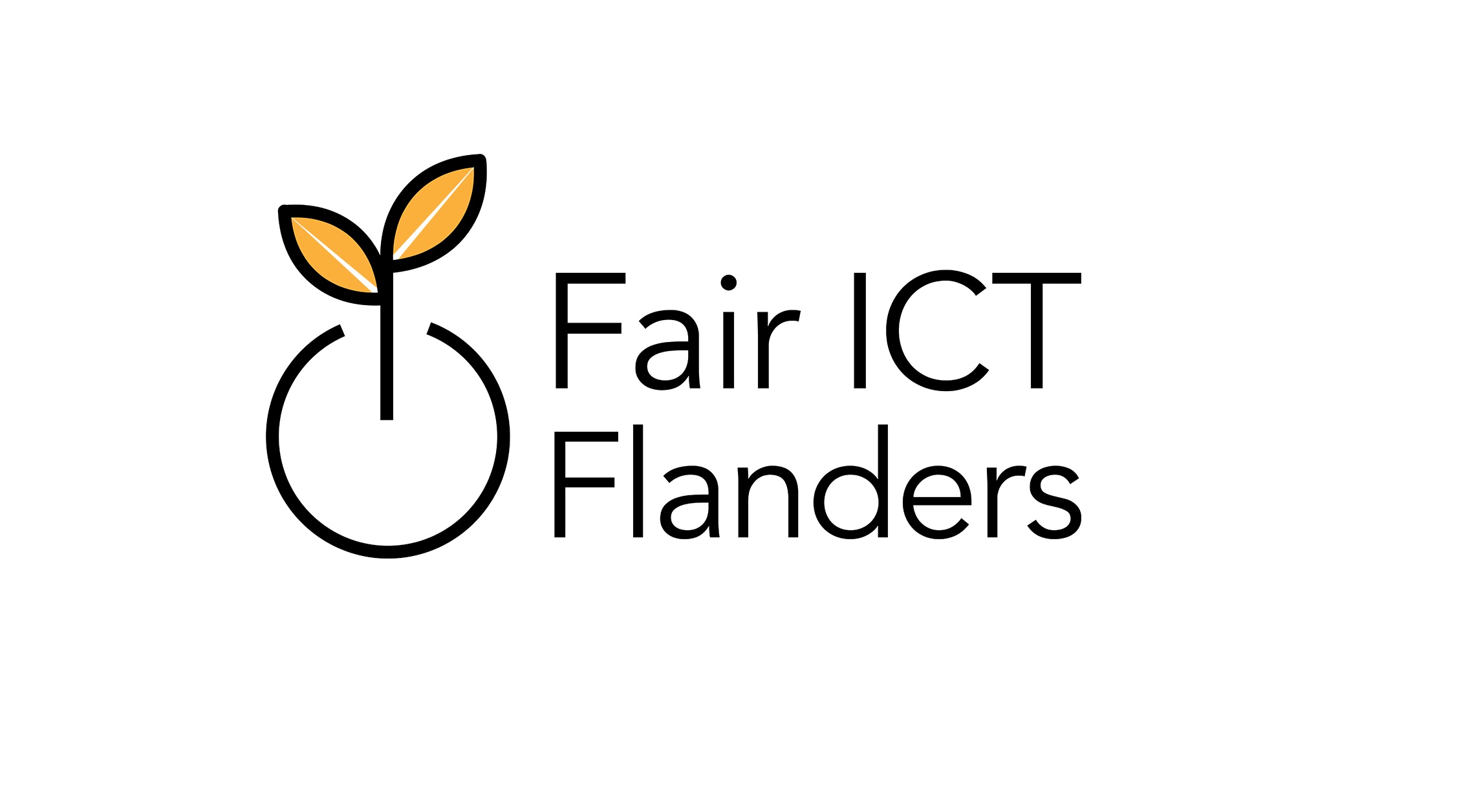


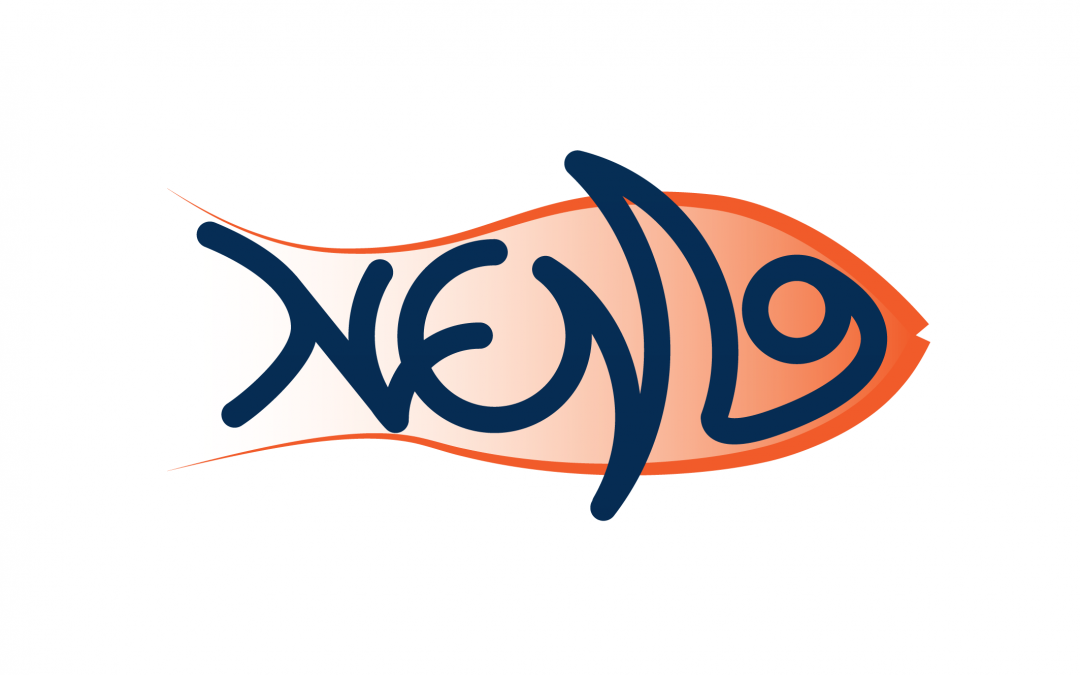
 Source: Historic mining site of Rio Tinto (Huelva, Spain) by Alberto Vázquez Ruiz
Source: Historic mining site of Rio Tinto (Huelva, Spain) by Alberto Vázquez Ruiz Source:
Source:  Source: Ecologistas en Acción Sevilla (Spain).
Source: Ecologistas en Acción Sevilla (Spain). Source: Image from the main
Source: Image from the main 